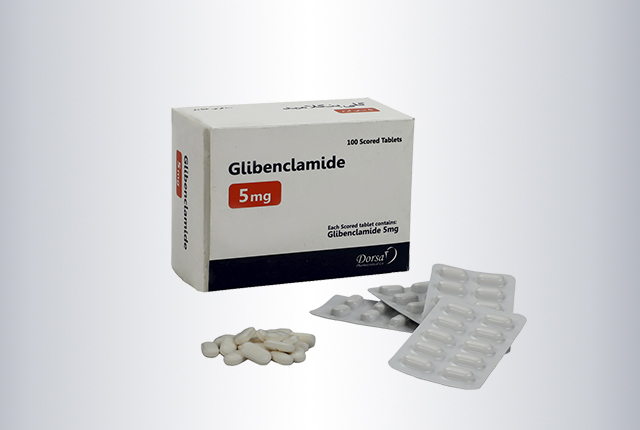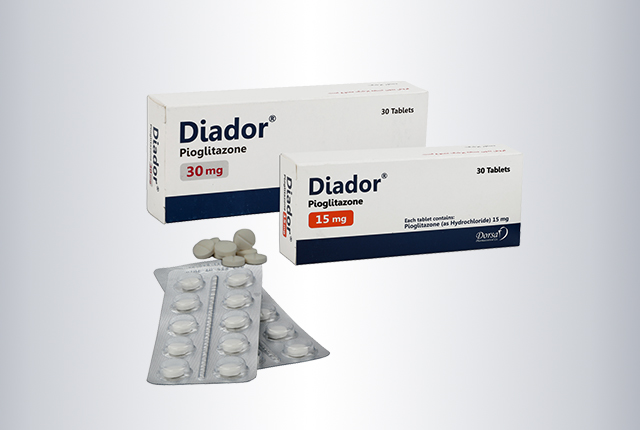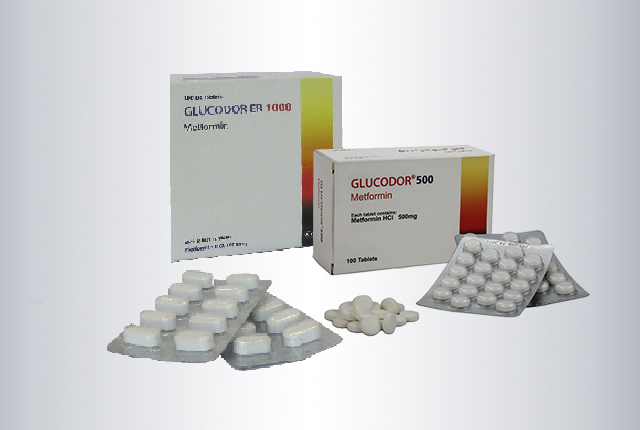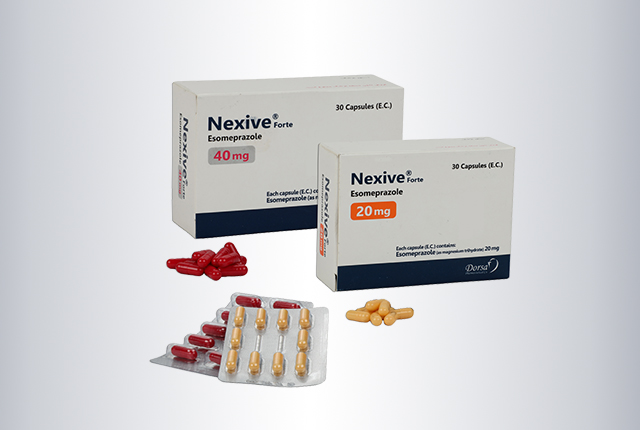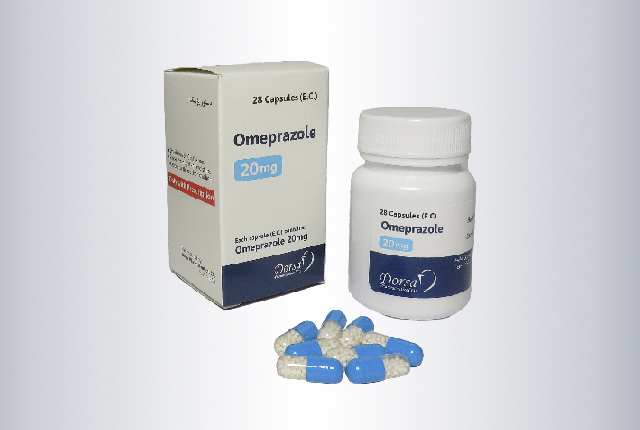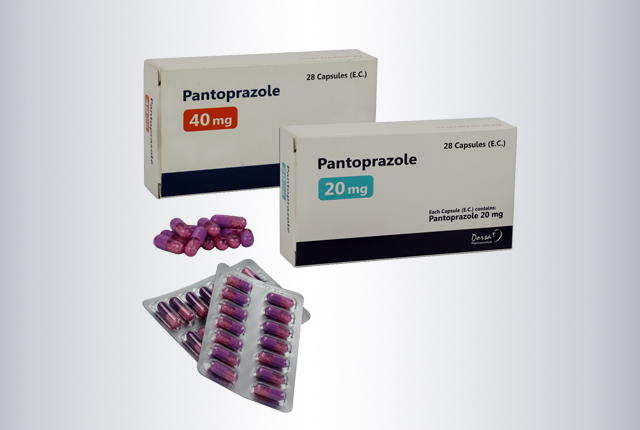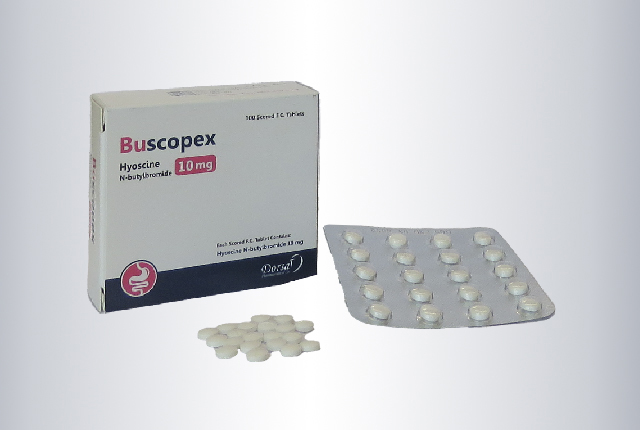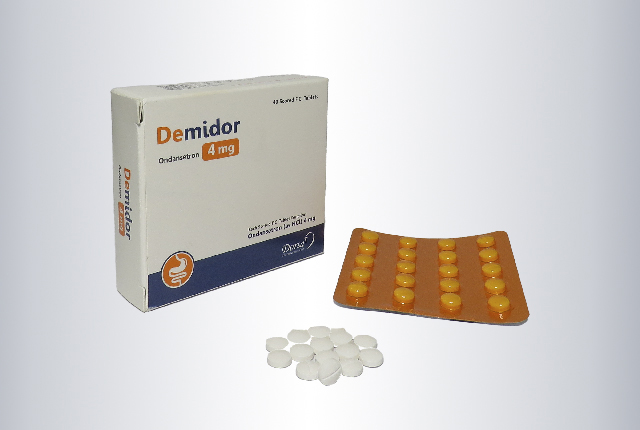Glibenclamide
Here is a summary of the information about Glibenclamide. If there is anything you do not understand, please ask your doctor or pharmacist to explain it to you.
- Keep out of the reach of children.
- Do not use after the expiry date printed on the label.
- FDA pregnancy category: B
- Rx only.
- Do not throw away any medicines via wastewater or household waste. Ask your pharmacist how to throw away medicines you no longer use.
Gerenal information
Patient Information
Glibenclamide is an oral antidiabetic that belongs to a group of medicines known as sulfonylureas (medicines that decrease blood sugar i.e. glycemia). Glibenclamide lowers high blood glucose by increasing the amount of insulin released by your pancreas.
What Glibenclamide is used for:
Glibenclamide is used to treat non-insulin dependent diabetes (also called type 2 diabetes) when diet alone has not been enough to control your blood sugar.
Tell your doctor or pharmacist before using Glibenclamide if :
- You are allergic to the active substance (Glibenclamide) or to any of the other ingredients of Glibenclamide tablet.
- You are allergic to medicines in the same group as Glibenclamide or related substances(sulfonylureas or sulfonamides)
- You have diabetes requiring treatment with insulin.
- You have complications from diabetes such as ketoacidosis or consciousness disorders (pre-coma).
- You have a severe liver or kidney disease.
- You are receiving treatment with miconazole.
- You have a hereditary blood disease called porphyria.
- You are breast-feeding.
- You (or a member of your family) have G6PD deficiency.
- You drink alcohol in any amount.
- You do not eat regular meals.
- You do a lot of exercise or heavy work.
Know all the medicines you take. Keep a list of them with you to show your doctor and pharmacist.
Who should not take Glibenclamide:
- If you have an allergy to any medicine containing glibenclamide, any other similar medicines (such as sulphur antibiotics or sulphonylureas).
- If you have type 1 diabetes mellitus (insulin dependent diabetes mellitus, also known as IDDM, or juvenile or growth onset diabetes) unstable diabetes, diabetic ketoacidosis, diabetic coma or pre-coma, severe kidney disease, severe liver disease, you are being treated with the medication bosentan.
How to take your Glibenclamide:
- Follow all directions given to you by your doctor, pharmacist or diabetes educator carefully.
- Your doctor will tell you how many tablets to take each day. Your doctor may increase or decrease the dose depending on your blood glucose levels.
- Swallow the tablets with a full glass of water.
- Take your tablet immediately before breakfast. If you only eat a very light breakfast, then this dose should be put off until lunchtime.
- Do not skip meals whilst using Glibenclamide. Take your dose at the same time each day.
What to do if you forget to take a dose :
- If it is almost time for your next dose, skip the dose you missed and take your next dose when you are meant to. Otherwise, take it as soon as you remember, and then go back to taking your medicine as you would normally. Missed doses can cause high blood sugar (hyperglycaemia).
- Do not take a double dose to make up for the dose that you missed. If you double a dose this may cause low blood sugar (hypoglycaemia).
- If you are not sure what to do, ask your doctor, pharmacist or diabetes educator.
- If you have trouble remembering to take your medicine, ask your pharmacist for some hints.
While taking your medicine :
- An antabuse effect (feeling hot, redness, vomiting, accelerated heart beat) may occur if you consume alcohol.
- If you are pregnant, your diabetes must be treated with insulin. If you discover that you are pregnant while you are taking Glibenclamide, your treatment must be stopped. Consult your doctor as soon as possible, and he or she will adjust your treatment.
- You must not take Glibenclamide during the entire breast-feeding period. Ask your doctor or pharmacist for advice before taking any medicine.
- Episodes of hypoglycemia are possible during your treatment. The symptoms of hypoglycemia and its effects on alertness can make it dangerous to drive or use a machine.
What to do if you take too many tablets :
Immediately telephone your doctor or the Poisons Information Centre for advice, or go to Accident and Emergency at the nearest hospital. Do this even if there are no signs of discomfort or poisoning.
If you take too much Glibenclamide, you may experience symptoms of hypoglycaemia (low blood sugar). If not treated quickly, these symptoms may progress to loss of co-ordination, slurred speech, confusion, loss of consciousness and the occurrence of fits. At the first signs of hypoglycaemia, raise your blood glucose quickly by taking jelly beans, sugar or honey, soft drink (non-diet) or glucose tablets. If you experience any of the symptoms of an overdose, immediately get medical help.
Side effects :
All medicines can have side effects. Sometimes they are serious, most of the time they are not. You may need medical attention if you get some of the side effects. If you are over 65 years of age you may have an increased chance of getting side effects.
Tell your doctor or pharmacist if you notice any of the following and they worry you:
Signs of hypoglycaemia which may include weakness, trembling or shaking, sweating, light headedness, headache, dizziness, lack of concentration, tearfulness or crying, irritability, hunger and numbness around the lips and fingers, stomach upset including nausea (feeling sick), vomiting, heartburn, indigestion, cramps, diarrhoea, constipation or a feeling of fullness in the stomach, loss of appetite, headache, weakness, eye problems including blurred or double vision, unusual weight gain
The above list includes the more common side effects of your medicine. They are usually mild and short-lived.
Tell your doctor as soon as possible if you notice any of the following:
Deafness, severe pain or tenderness in the stomach, sudden onset of abnormal thoughts or delusions, rash, sores, redness or itching of the skin, itchy hives-like rash or spots, symptoms of sunburn such as redness, itching, swelling or blistering which may occur more quickly than normal, bleeding or bruising more easily than normal, reddish or purplish blotches under the skin, symptoms of lactic acidosis which may include loss of appetite, unexplained weight loss, nausea, vomiting, stomach pain, trouble breathing, feeling weak, tired or uncomfortable, unusual muscle pain, slow heart beat, yellowing of the skin or eyes, also called jaundice, signs of frequent or worrying infections such as fever, severe chills, sore throat or mouth ulcers, signs of anaemia such as tiredness, being short of breath and looking pale, a change in colour or amount of urine passed, blood in the urine.
The above list includes serious side effects that may require medical attention. Serious side effects are rare.
If any of the following happen, tell your doctor immediately or go to Accident and Emergency at your nearest hospital: Blindness, convulsions or fits, swelling of the face, lips or tongue which may cause difficulty in breathing.
The above list includes very serious side effects. You may need urgent medical attention or hospitalisation.
These side effects are very rare.
Reporting of side effects:
If you get any side effects, talk to your doctor, pharmacist or nurse. This includes any possible side effects not listed here.
You can also report side effects directly via the Yellow Card Scheme at: www.dorsapharma.com/ (ADR form)
By reporting side effects, you can help provide more information on the safety of this medicine.
Product specification
| Generic name | Glibenclamide |
| Dosage form | 5 mg white oval convex scored tablets |
| Category | Alimentary Tract & Metabolism (Blood glucose lowering) |
| ATC code | A10BB01 |
| Package | Box of 10 Alu-PVDC blisters of 10 tablets |
| Active ingredient | Glibenclamide |
| Storage | Below 30°C. Protect from light & moisture. |
| Shelf life | 2 years |
